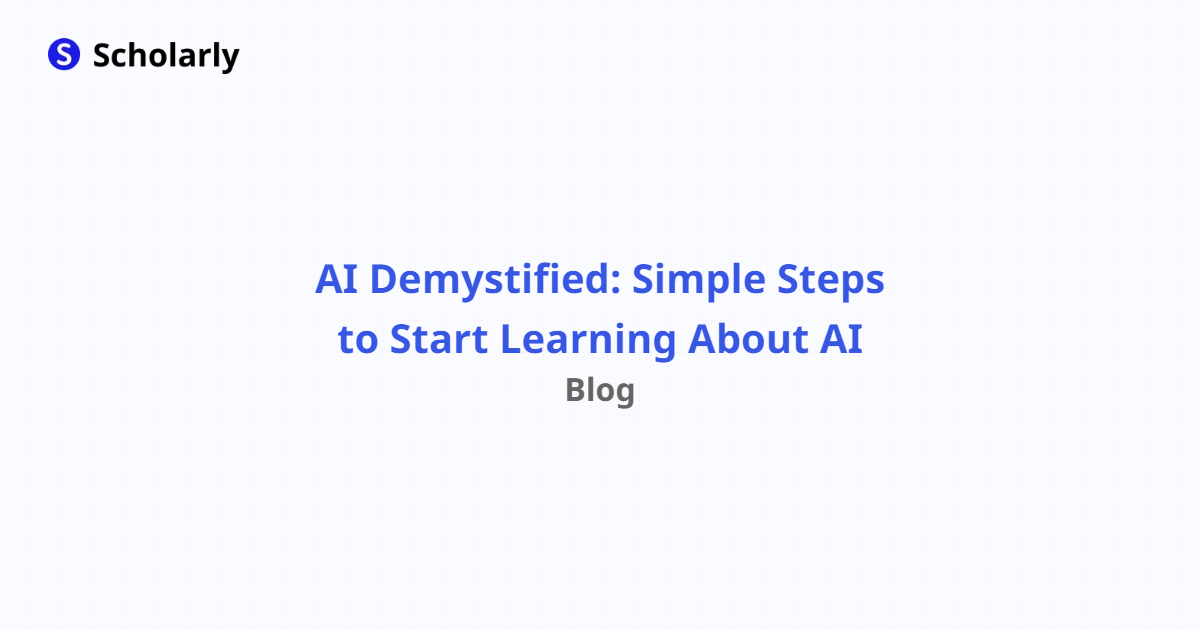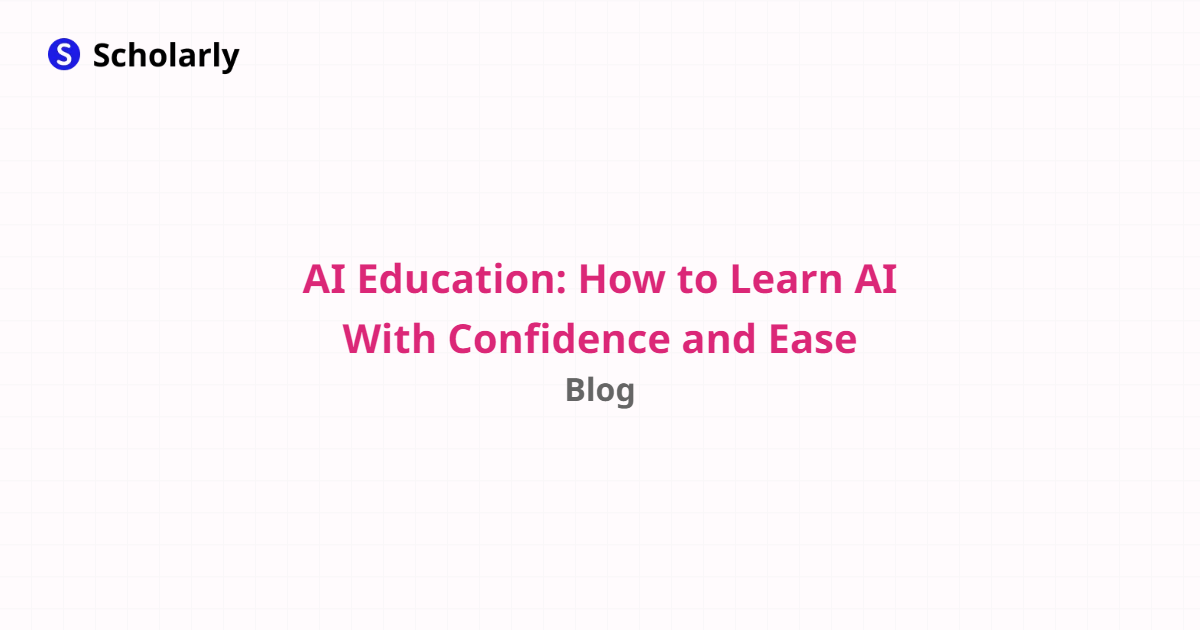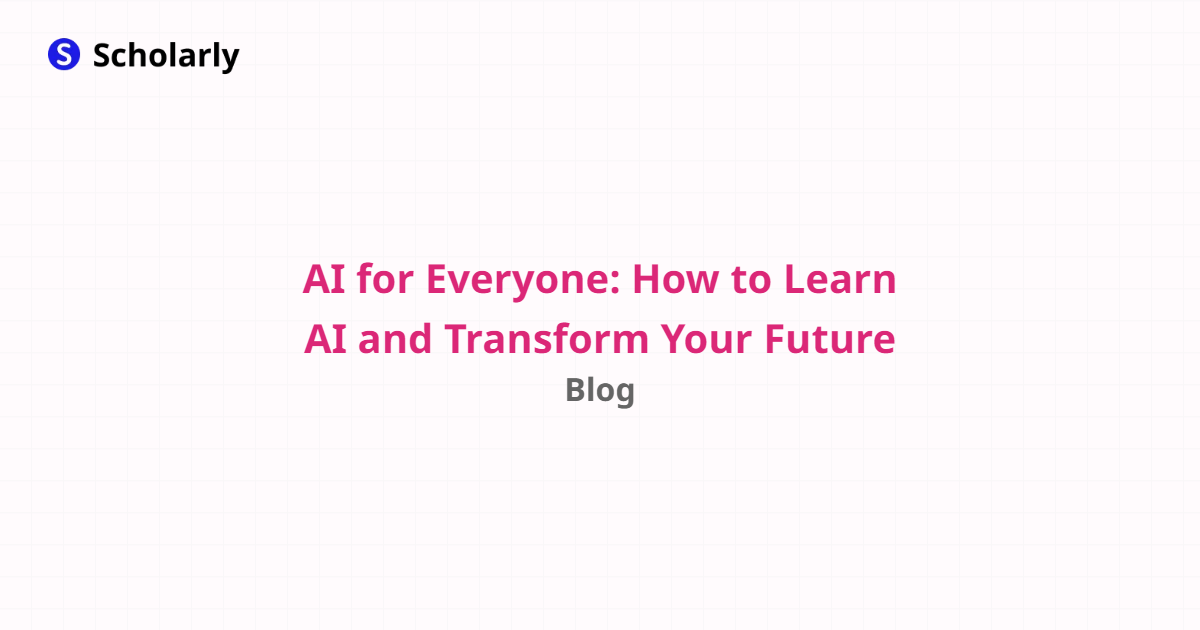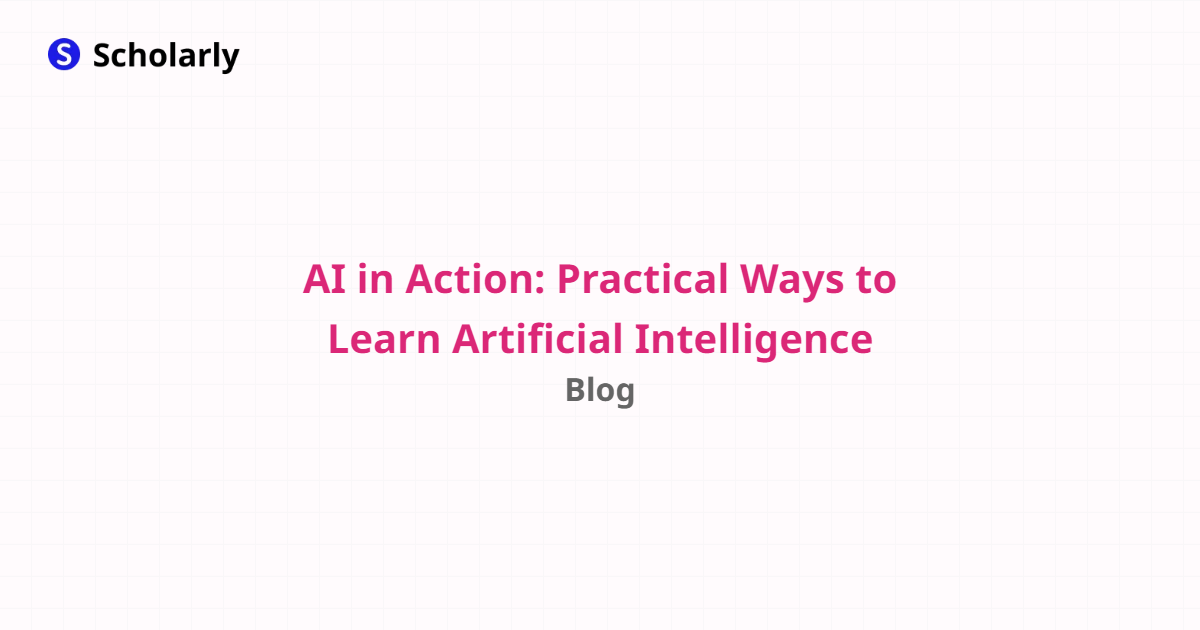Published in General
Flashcard Technology: An Effective Tool for College Studying
By Scholarly
7 min read
Introduction
In today's fast-paced and competitive academic environment, college students are constantly seeking new and innovative ways to study effectively. One such method that has gained popularity is the use of flashcards. Flashcards provide a simple and efficient way to learn and retain information, making them an invaluable tool for college studying.
History
Past State
Flashcards have been used as a learning tool for centuries. The earliest form of flashcards can be traced back to ancient China, where they were used to memorize important information. Over time, flashcards became more popular and were widely adopted in educational settings around the world.
Current State
In the present day, flashcards have evolved significantly thanks to advancements in technology. Digital flashcards, also known as e-flashcards, have become increasingly popular among college students. These digital tools offer a convenient way to create, manage, and review flashcards on electronic devices, eliminating the need for physical cards.
Future State
The future of flashcard technology looks promising. As artificial intelligence (AI) continues to advance, we can expect to see more sophisticated and personalized flashcard applications. AI-powered algorithms can analyze a student's learning patterns and adapt the flashcard content accordingly, ensuring maximum effectiveness and efficiency.
Benefits
Enhanced Memorization: Flashcards engage active recall, a proven method for improving memory retention.
Time Efficiency: Flashcards allow students to efficiently review key concepts and information.
Portable and Accessible: Digital flashcards can be accessed anytime, anywhere, making them an ideal study companion.
Self-Paced Learning: Flashcards provide students with the flexibility to study at their own pace, allowing for better understanding and mastery of the material.
Engaging and Interactive: Flashcards can make learning more enjoyable and interactive, increasing motivation and interest.
Significance
Flashcard technology plays a significant role in college studying due to its effectiveness and convenience. The benefits it offers make it an indispensable tool for students aiming to excel academically. By utilizing flashcards, students can enhance their memorization, save time, and improve their overall learning experience.
Best Practices
Create Concise and Clear Flashcards: Keep the flashcard content concise and focused on key concepts or information.
Use Visuals and Mnemonic Devices: Incorporate relevant visuals and mnemonic devices to aid in memory retention.
Regularly Review Flashcards: Consistent review of flashcards is crucial for long-term retention and mastery of the material.
Utilize Spaced Repetition: Implement spaced repetition techniques to optimize the timing of flashcard review sessions and reinforce learning.
Personalize Flashcards: Tailor flashcards to your individual learning style and preferences to maximize their effectiveness.
Pros and Cons
Pros
Flexibility: Flashcards offer flexibility in terms of study location and time.
Effectiveness: Flashcards have been proven to be an effective study tool for memorization and retrieval.
Engagement: The use of flashcards can make studying a more engaging and interactive experience.
Organization: Flashcards provide a structured and organized way to review and categorize information.
Adaptability: With digital flashcards, it's easy to modify and update the content as needed.
Cons
Limited Application: Flashcards may not be suitable for all subjects or learning objectives.
Surface-Level Understanding: Flashcards focus on memorization rather than deep comprehension of complex topics.
Lack of Context: Flashcards may lack the contextual information sometimes necessary for a comprehensive understanding.
Time-Consuming Creation Process: Creating and organizing a large set of flashcards can be time-consuming.
Dependency on Technology: Digital flashcards rely on electronic devices, which can be a potential distraction or inconvenience.
Comparison
When it comes to flashcard technology, there are several popular tools available for college students. Some of the notable ones include:
Anki: Anki is a highly customizable flashcard application that uses spaced repetition to optimize learning.
Quizlet: Quizlet offers a wide range of study tools, including flashcards, games, and practice tests.
Brainscape: Brainscape utilizes an adaptive learning algorithm to help students memorize information effectively.
Cram: Cram provides a platform for creating, studying, and sharing flashcards in various subjects.
StudyBlue: StudyBlue allows students to create and access flashcards, study guides, and practice quizzes.
Methods
The Leitner System
The Leitner System is a popular method for using flashcards effectively. It involves a spaced repetition technique based on the principle of self-testing and prioritizing cards based on performance.
Keyword Method
The keyword method is a mnemonic technique that involves associating keywords or memorable images with the information on flashcards. This method helps in easier recall and retention of the material.
Cornell Method
The Cornell method involves dividing flashcards into two sections: a cue section and a response section. This method promotes active recall and self-testing, making the learning process more interactive.
Cloze Deletion
Cloze deletion is a technique where specific words or phrases are partially or completely deleted from the flashcards. This method encourages active recall and filling in the missing information.
Reverse Testing
Reverse testing involves reversing the traditional flashcard approach. Instead of viewing a question or prompt, the student is provided with an answer and must recall the corresponding question or prompt. This method strengthens memory recall and encourages deeper understanding of the material.
AI Impact
AI Applications
AI can enhance flashcard technology by providing more personalized and adaptive learning experiences. AI algorithms can analyze a student's performance and modify the flashcard content accordingly, ensuring effective learning.
AI Techniques
Natural Language Processing (NLP): NLP can be used to improve the effectiveness of flashcard content by analyzing the language used and providing suggestions for improvement.
Machine Learning: Machine learning algorithms can be employed to optimize the timing and sequencing of flashcard review sessions, based on individual learning patterns.
AI Benefits
Personalization: AI-powered flashcards can adapt to the individual learning needs and preferences of each student.
Efficiency: AI can optimize the learning process by suggesting the most relevant and effective flashcard content.
Monitoring and Feedback: AI algorithms can provide real-time feedback and progress monitoring, helping students track their learning achievements.
AI Challenges
Data Privacy: AI-powered flashcard applications may require access to personal data, raising concerns about data privacy and security.
Dependency on Technology: AI reliance on electronic devices may lead to increased screen time and potential distractions.
Accuracy and Bias: AI algorithms must be carefully designed and trained to avoid biases and inaccuracies in the flashcard content.
Potential Online Apps that relate to the topic
Brilliant: Brilliant offers interactive flashcard-based courses for a wide range of subjects and topics.
Memrise: Memrise combines flashcards with mnemonic techniques and gamification to create an engaging learning experience.
Chegg Prep: Chegg Prep provides flashcards and study guides for various subjects, helping students prepare for exams and quizzes.
StudyStack: StudyStack offers a platform for creating and sharing flashcards in different subjects.
Tinycards: Tinycards, created by Duolingo, allows users to create and study flashcards on various topics.
Conclusion
Flashcard technology has significantly transformed the way college students study and learn. The benefits, including enhanced memorization, time efficiency, and portability, make flashcards an invaluable tool for academic success. As technology continues to advance, flashcard applications powered by AI can revolutionize the studying experience by providing personalized, adaptive, and engaging learning opportunities.




